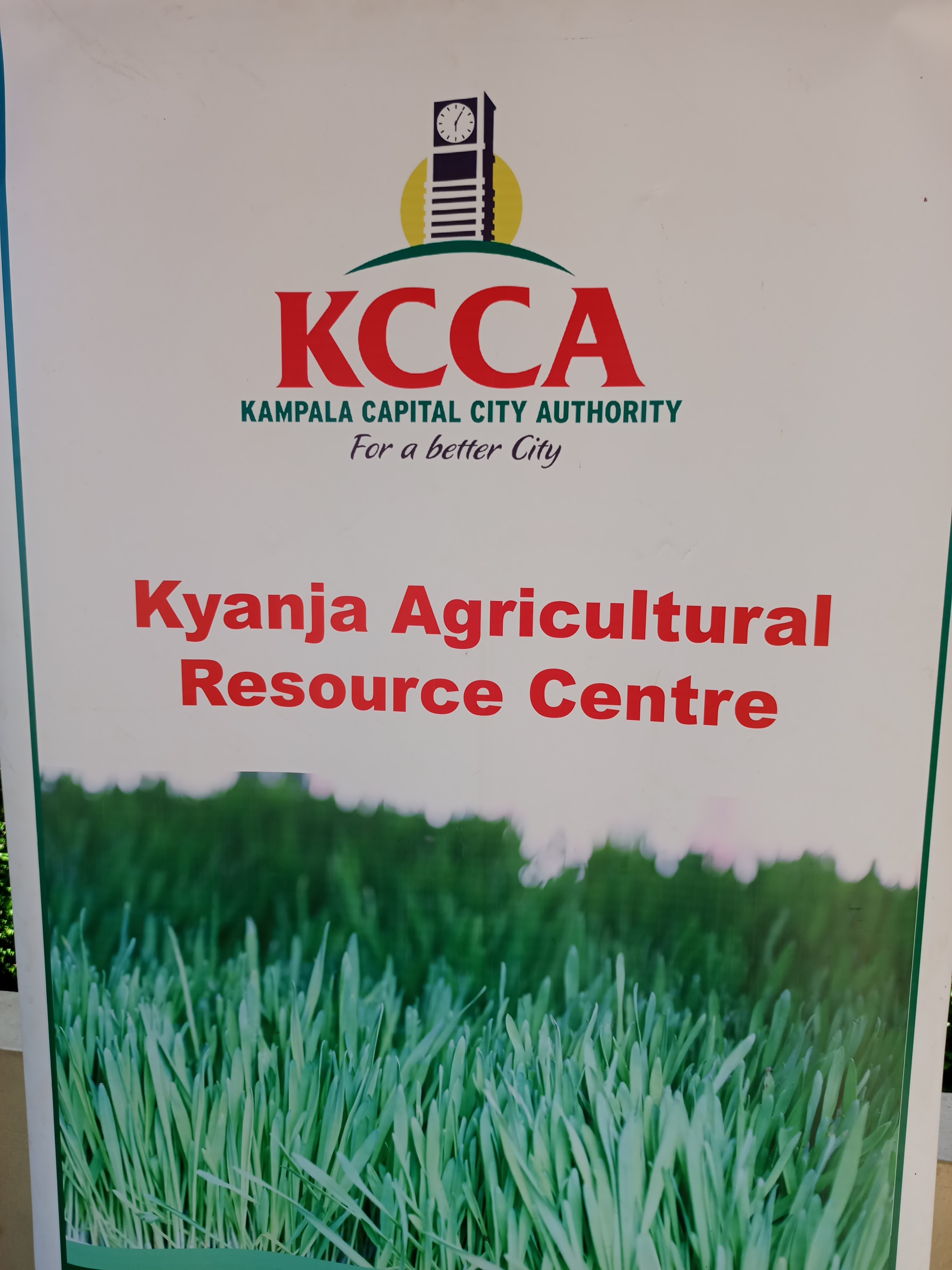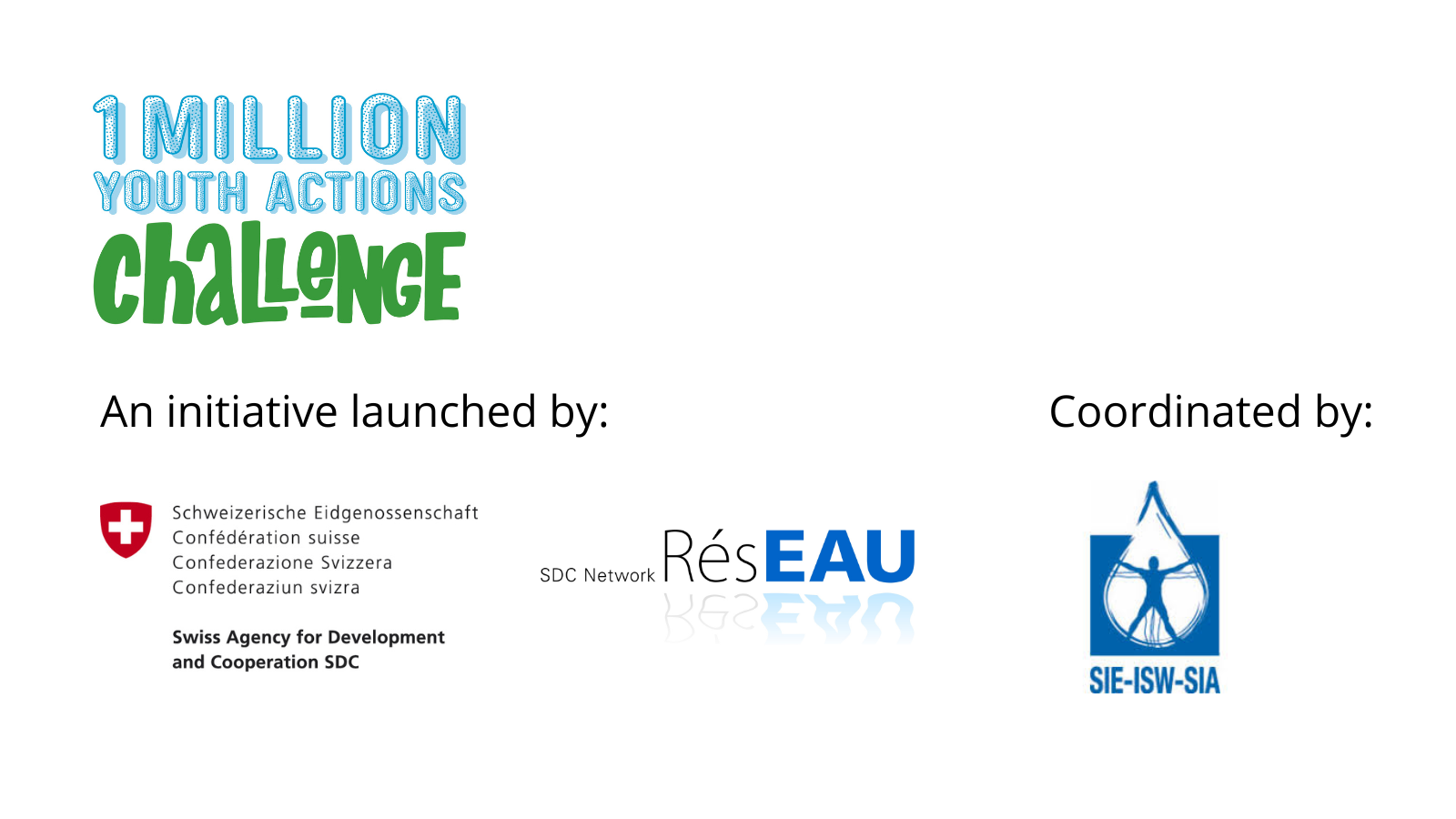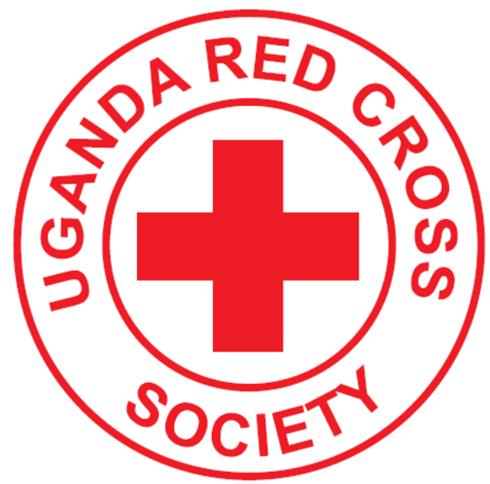About this project
Project Abstract: Urban Green Collective
The Urban Green Collective is a youth and community driven initiative that transforms underutilized urban spaces into vibrant, sustainable gardens to address food insecurity, youth unemployment, environmental degradation, and community disconnection in underserved neighborhoods. Rooted in sustainability, empowerment, and social inclusion, the project equips youth and marginalized groups particularly refugee women and youth with practical skills in urban agriculture, environmental conservation, and micro-enterprise development.
Launched in January 2025, Phase 1 of the project successfully mobilized over 300 community members including school children, women’s groups, and youth volunteers across 10 schools and surrounding communities in Kampala. Through hands-on training workshops, participants learned sustainable practices such as composting, crop rotation, soil preparation, and rainwater harvesting. Community sensitization events, led in partnership with local organizations such as the Uganda Red Cross Society and Kampala Capital City Authority (KCCA), further enhanced awareness and buy-in.
The gardens established under Phase 1 have been yielding fresh fruits and vegetables, improving local food access while creating safe spaces for learning, collaboration, and environmental stewardship. The project not only introduced sustainable food systems, but also empowered youth to lead, organize, and educate other turning passive recipients of aid into proactive community builders.
Phase 2, currently underway, expands the initiative with a special focus on refugee communities, particularly women and youth living in urban settlements. This phase integrates circular economy principles by using upcycled plastic waste such as tires, jerrycans, and water bottles to create raised garden beds, vertical planters, and low-cost irrigation systems. This dual-purpose strategy addresses both food insecurity and plastic pollution, offering innovative, climate-smart solutions for densely populated areas.
Participants in Phase 2 receive capacity-building in:
Urban sustainable agriculture
Waste management and eco-innovation
Leadership and teamwork
Business development and income generation
The project promotes economic inclusion by supporting the formation of women-led cooperatives and youth-run garden teams that produce and sell organic food, seedlings, and eco-products. Profits are reinvested into the gardens to ensure long-term sustainability.
Urban Green Collective will continue to work closely with schools, NGOs, refugee-serving organizations such as Norwegian Refugee Council(NRC), local authorities, and environmental groups to ensure community ownership, technical support, and policy alignment. It emphasizes co-creation, participatory learning, and localized solutions that reflect the needs and aspirations of each community.
The project envisions a future where communities are greener, more self-reliant, and better equipped to thrive amidst social and environmental challenges.
Goals and Objectives
The main goal of Urban Green Collective is to empower vulnerable refugee communities especially youth and refugee women through sustainable urban agriculture, environmental stewardship, and income-generating opportunities. By transforming idle spaces into productive gardens, the project addresses food insecurity, youth and women unemployment, environmental degradation, and social exclusion.
Objectives of the project:
Empower refugee youth and women with practical skills in sustainable agriculture, environmental conservation, and micro-enterprise development.
Improve access to fresh, nutritious food in underserved urban neighborhoods and refugee settlements.
Promote circular and climate-smart practices through the use of upcycled plastic materials for gardening.
Foster social cohesion and community engagement by creating inclusive green spaces for learning, collaboration, and local leadership.
The primary beneficiaries are refugee youth and women in refugee communities and surrounding areas. These groups were chosen due to their high vulnerability to unemployment, food insecurity, and social marginalization. Engaging them as leaders and learners builds their confidence, economic potential, and role in community development. The wider community also benefits through improved food access, cleaner environments, and opportunities for local involvement.
To ensure long-term impact, the project integrates:
Training of youth and women trainers to build local capacity and reduce dependency.
Formation of youth-led garden teams and women-led cooperatives for continued production and enterprise.
Revenue generation through produce and eco-product sales to fund ongoing activities.
Partnerships with local schools, Community Based Organizations(CBOs), NGOs, and authorities to embed activities within existing systems.
Expected result
The expected results outcomes for Phase 2 of the project are as follows;
1. 200 refugee women and youth trained in urban agriculture
Specific: Deliver hands-on training in sustainable agriculture, composting, and water conservation.
Measurable: At least 200 participants (60% women, 40% youth) will complete a minimum of two training sessions each by the end of the project period.
Achievable: Trainers and facilitators from partner organizations will lead sessions across five selected community hubs.
Relevant: Builds practical skills and improves food production capacity.
Time-bound: By Month 4 of implementation.
Monitoring Tools: Attendance records, pre/post training evaluations, and feedback surveys.
2. 10 community gardens established using upcycled materials
Specific: Set up gardens in refugee settlements and urban communities using upcycled plastic waste (e.g., jerrycans, tires).
Measurable: A minimum of 10 functioning gardens will be created, each managed by a youth or women-led group.
Achievable: Based on successful models from Phase 1, with technical support from environmental partners.
Relevant: Combines food production with plastic waste reduction.
Time-bound: By Month 4 of the project.
Monitoring Tools: Site visits, photographic documentation, material tracking.
3. 5 Women- or Youth-Led Cooperatives or Garden Teams Formed
Specific: Support group formation for income generation through garden produce and eco-product sales.
Measurable: At least 5 cooperatives or structured garden teams operational and meeting regularly.
Achievable: Guided by mentorship and cooperative-building workshops.
Relevant: Promotes long-term sustainability and economic inclusion.
Time-bound: By Month 5.
Monitoring Tools: Cooperative meeting logs, business plans, income tracking.
4. 500 kg of fresh produce grown and distributed
Specific: Track produce grown and distributed among families and through local markets.
Measurable: At least 500 kilograms of fruits, vegetables, and herbs harvested and used by community members.
Achievable: Based on expected yield from established garden beds.
Relevant: Supports household nutrition and food security.
Time-bound: Between Month 4 and Month 6
Monitoring Tools: Harvest logs, distribution records, sales reports.
5. 500 community members sensitized on environmental awareness
Specific: Conduct sensitization workshops on sustainable waste management and conservation.
Measurable: Reach at least 500 community members, with documented participation.
Achievable: Led by trained volunteers and supported by printed materials and community events.
Relevant: Promotes behavior change and long-term environmental impact.
Time-bound: Throughout the 6-month project period.
Monitoring Tools: Event attendance lists, pre/post awareness questionnaires.
Monitoring and evaluation (M&E) capacity
The Urban Green Collective has developed simple, community-based M&E tools including:
- Attendance sheets
- Workshop evaluations
- Garden monitoring forms
- Harvest tracking sheets
- Photo and video documentation
- Regular reflection meetings with team leaders
All results will be reviewed monthly, and a final evaluation will be conducted at the end of the project to assess overall impact and gather lessons for future scaling of the project.
Partners



About me / organisation
NATULINDA BRIDGET
The Urban Green Collective is led by Bridget Natulinda, a 29-year-old youth leader, environmental activist, and community mobilizer with a strong track record in grassroots project implementation. Bridget serves as the Project Coordinator, overseeing overall strategy, stakeholder engagement, youth mobilization, training coordination, and monitoring and evaluation. She brings passion, strong organizational skills, and a deep commitment to empowering marginalized communities through sustainable development.
Bridget has over five years of experience working with humanitarian and development organizations, including the Uganda Red Cross Society, where she has led youth-focused programs in health, climate action, and community resilience. She played a central role in designing and implementing Phase 1 of the Urban Green Collective, where she successfully coordinated training workshops, built partnerships with schools and local authorities, and facilitated the creation of urban gardens in the schools and communities.
Her work in environmental sustainability includes training youth in composting, organic gardening, and upcycling waste materials into productive tools. She has also participated in various national and regional platforms promoting youth engagement in climate action, including presenting at the Majipreneurs WASH Summit, National Science Week and World Aquaculture Safari.
